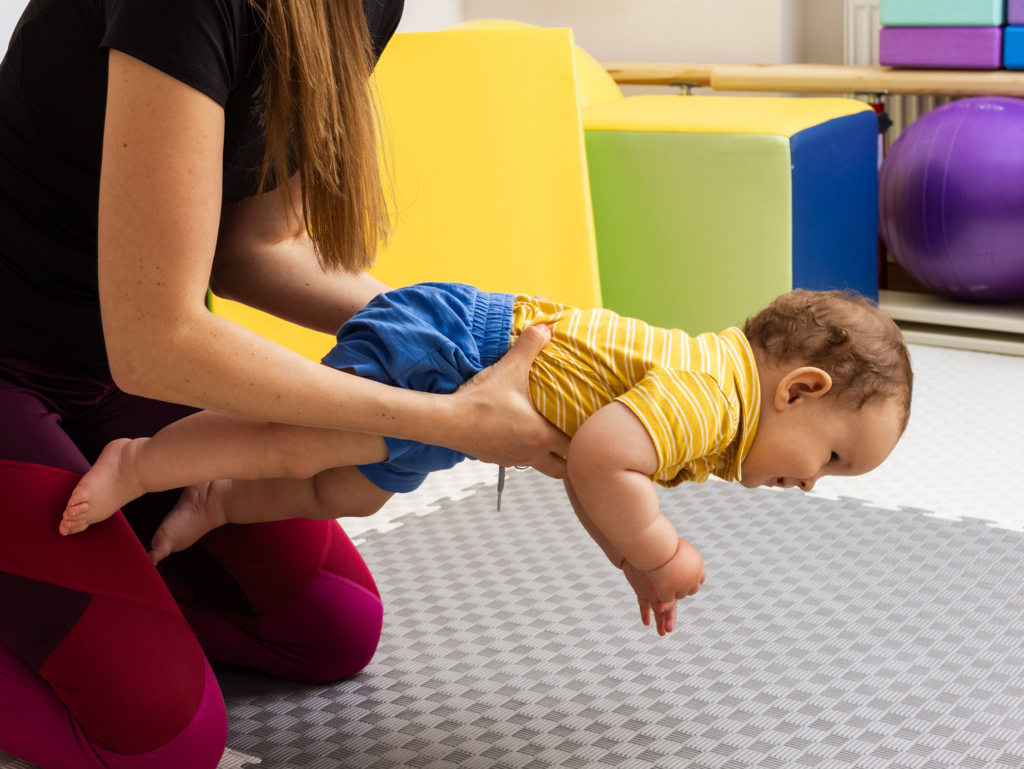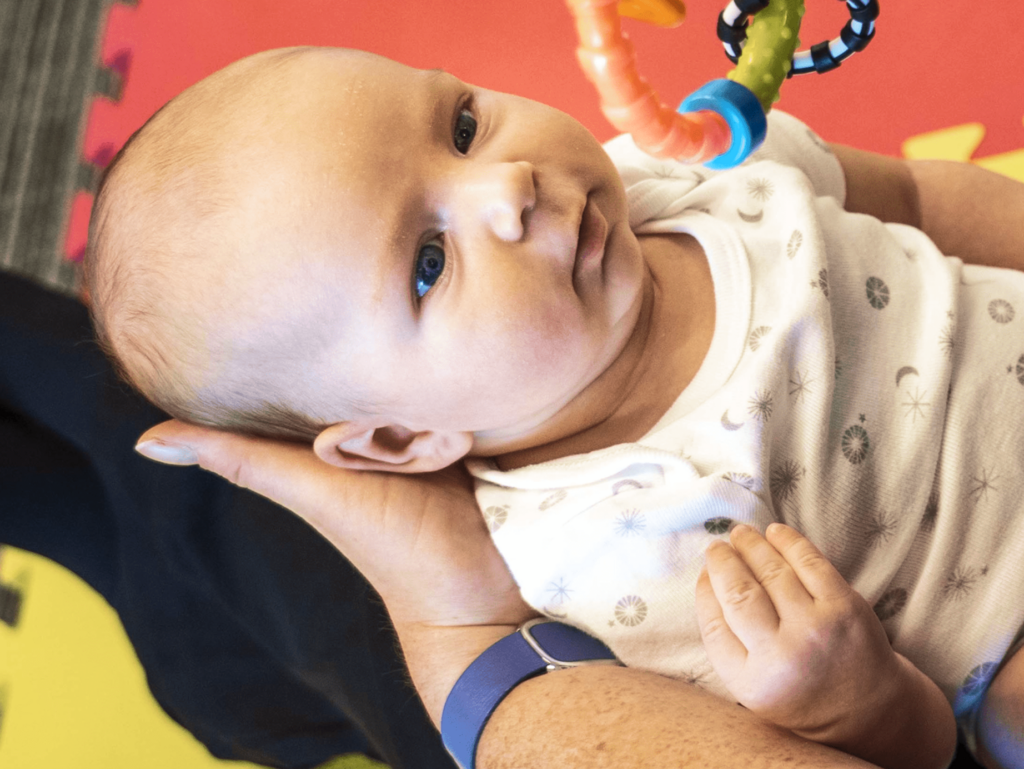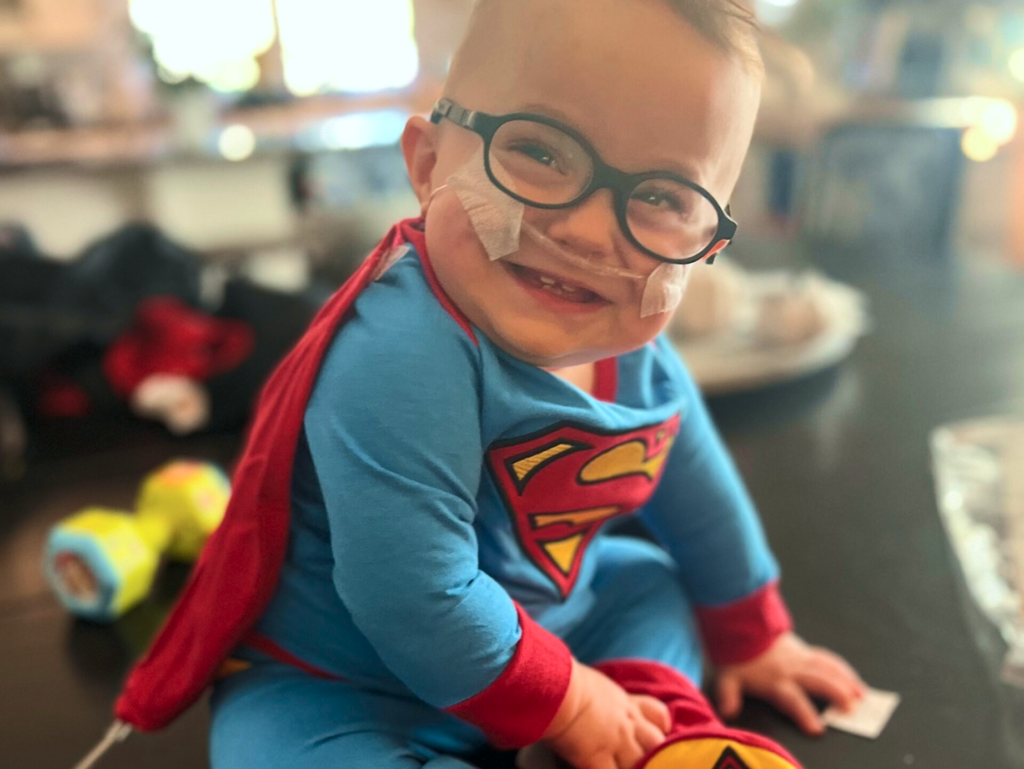Participating in Pediatric Clinical Research
by:
Stacey Dusing
Jul. 1, 2023
Sharing is caring
As parents and caregivers, we support our children’s development to enhance their wellbeing over their lifetime. If you have a child with a disability, developmental delay, or illness, it can be difficult to determine which program or treatments are the best match for your child. Children vary in their response to treatments, both medical and developmental, and often respond differently than adults. The best way to understand which treatments are the most effective is to evaluate those treatments through clinical research designed specifically for children.
Pediatric research may include descriptive studies or intervention studies. Descriptive studies provide information on the relationship between different factors, such as age and motor skills or dose of speech therapy and clarity of words. Intervention studies evaluate the effectiveness of an intervention; often comparing two different interventions. Participating in either form of clinical research helps provide information that could lead to updates in the current standard of care and improve our understanding of different treatment options. This helps future parents have the information they need to make treatment decisions for their child.
Parents and caregivers may have many questions about the process of participating in pediatric clinical research. Hospitals and Universities that conduct research are required to provide parents with all the information they need to make an informed decision about participating in the study. All your questions about the study procedures, treatments, and safety are required to be reviewed with you before you agree to participate, and you can drop out of research at any time.
So why participate in research?
Children participate in clinical research for many reasons. Some participate as they might benefit from the study, such as an intervention study. Others enjoy learning more about their child’s development or having access to tests that are only available in research. Many participate to help others have more information or children of the future. No matter the reason, children can help improve our understanding of disabilities, diagnosis, and treatment options through their participation in clinical research.
Participation in research is crucial to the improvement of children’s health and development today and in the future!
Resources:
NIH Clinical Trials Parent and Child Resources:
https://www.nih.gov/health-information/nih-clinical-research-trials-you/parents-children
NIH Clinical Trials site can be used to search for clinical trials for your child:
http://clinicaltrials.gov
Motor Development Lab at University of Southern California:
https://sites.usc.edu/mdl/recruitment/
Look for local studies or sign up to be contacted if your child is eligible for a study





